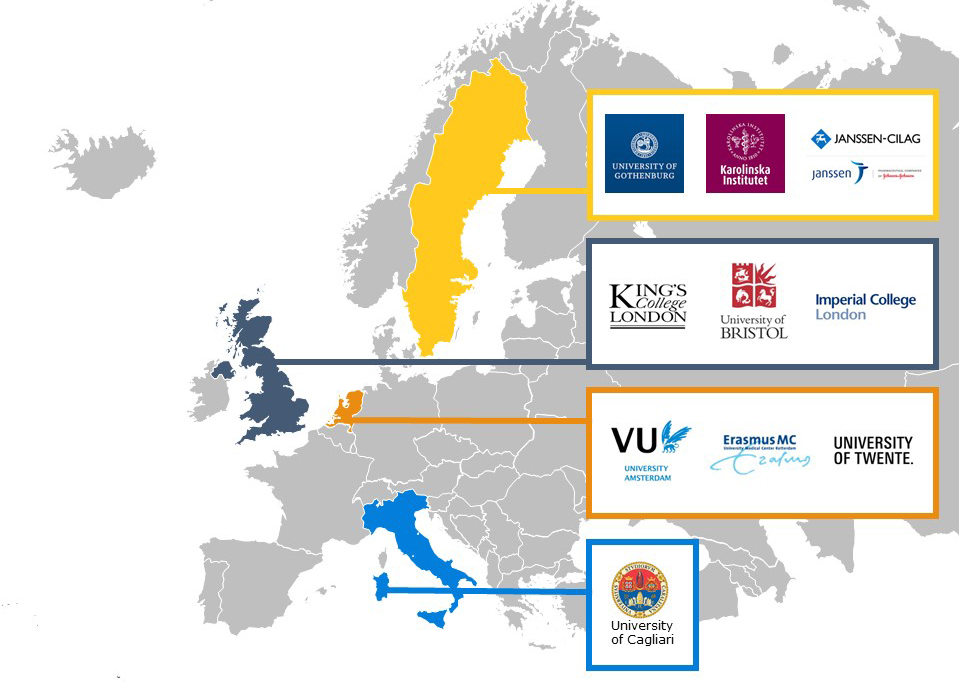The 8th workshop of the CAPICE project on “Career Development (Academic and Industry)” was held in a virtual way on May 28-29, 2020, through the online Zoom Meeting platform and. It was organized by Prof. Marjo-Riitta Jarvelin and Dr. Saranya Palaniswamy from Imperial College London. Informative lectures took place and ESRs received info on the work lifestyle of both academia and industry, and the workshop also focused on best practices to write a fundable research proposal.
The experiences were shared by expert scientists from Imperial College London during the workshop. The total duration of the virtual workshop covered 2 days. The workshop was introducted by Prof. Marjo-Riitta Jarvelin, followed by a lecture on “Life after Ph.D. - an academic journey to lectureship” given by Dr. Marika Kaakinen, where she shared her personal journey and experiences on how she became a lecturer from a student. That was inspirational and gave more confidence to our professional life.
Dr. Queenie Chan talked about “Full-time academic faculty positions – enough to go around?” and this speech was followed by the lecture “Your career goals, leadership and finding a mentor”, given by Prof. Inga Prokopenko. She also shared the trajectory of her career, it was a phenomenal talk and inspirational.
During the afternoon session of the first day, Prof. Alina Rodriguez talked about “Getting the Money: How to Write a Fundable Proposal”; it was an informative lecture and followed by a group task on “Research Proposal Writing” on the theme: “Infection and mental health”. The 12 ESRs were divided into 3 teams. Each team prepared a research proposal with varied ideas under the title “Infection and mental health”. The focus could be on children and behavioral problems, other severe diseases such as mood disorders, autism, early-onset schizophrenia, etc, and that topic could also include angle of inflammation. It could investigate also societal impact around the research theme.
Another lecture on “Academia vs. industry: A common research crossroads” was given by Dr. Matthias Wielscher this was followed by teams that had to work on research proposals and presentations during the morning session of the second day. The 3 teams presented their research proposals with the presence of committee chairs for evaluations in the afternoon session. The research proposals have been evaluated and scored (0-2). Scoring criteria was based on:
- Scientific excellence;
- Potential for future funding, including whether there are plans for specific funding sources;
- Clarity presentation style;
- Reflection;
- Teamwork (clearly defined roles in the proposal);
- Budget - For research purpose only; (how much money is required for the project; realistic and justifiable);
- Career development.
Each team received feedback, score, and comments on research proposals from chairs. Moreover, Additional response/question/suggestions to the team/points/justification for scoring.
In the end, the workshop presented several key points and comments, useful hints and instructions for "real-life" original grant writing.












